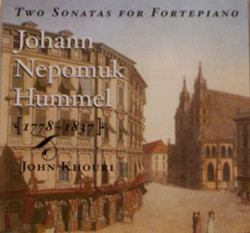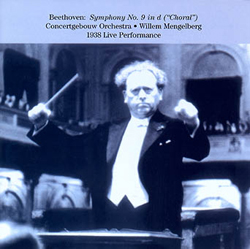Description
Schuricht was unique among the German conductors of his generation in establishing a lasting relationship with French orchestras, notably, the Paris Conservatoire and the Orchestre National. He conducted the Conservatoire nearly thirty times between 1949 and 1961, including festival performances at Montreux and Besancon, and made a number of recordings with them. He led the Orchestre National in sixteen programs beginning with the 1954 Montreux Festival performance featured in this release, again including several festival appearances. Although Schuricht was an accomplished interpreter of certain French works, he won fame in France via the standard German repertoire, particularly Beethoven Schuricht in a sense bridged the older generation of Romantic interpreters and the modern, objective style of conducting. His sense of balance derived from the old school, with a firm bass line and a typically layered sound. His fine ear resulted in allowing all important parts to be heard. Schurichts tempo choices were generally on the quick side, and flexible as a rule. His rhetorical gestures were plentiful but rarely extreme, and always with a clear structural basis. The drama of Schurichts performances resulted from the music itself, not from his podium manner. He was on one hand Felix Weingartners heir, but undeniably also a product of the same time and culture that produced Abendroth, Furtwangler and Knappertsbusch. This Montreux performance is a major addition to his discography.
CARL SCHURICHT: Beethoven Symphony No. 9 in d — a previously unissued concert. Carl Schuricht conducts the Orchestre National with Maria Stader, with soprano Katharina Marti, contralto Waldemar Kmentt, tenor, Heinz Rehfuss, bass and "L´Union chorale de La-Tour-de-Peilz" and "Choeur de Chailly-sur-Clarens". Public performance given at Montreux, Pavillon du Festival, 12 September 1954. Total Time: 66:03. Sound restoration: Aar








Reviews
There are no reviews yet.